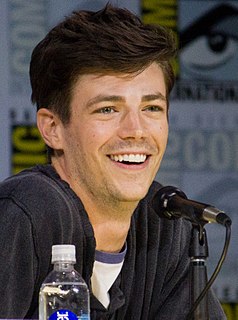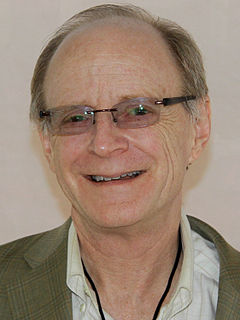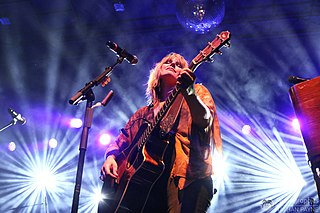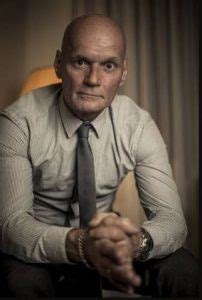Цитата Джо Мено
Постепенно произошел своего рода сдвиг в том, как мы думаем о детстве. Это похоже на то, что детство почти продолжается до 20 или 22 лет даже после окончания колледжа. Когда я рос, было ожидание, что теперь ты сам по себе.
Связанные цитаты
В течение следующих четырех дней я хочу, чтобы вы написали о своих самых глубоких эмоциях и мыслях о самом неприятном опыте в вашей жизни. На самом деле отпустите и исследуйте свои чувства и мысли по этому поводу. В своем письме вы можете связать этот опыт со своим детством, отношениями с родителями, людьми, которых вы любили или любите сейчас, или даже со своей карьерой. Как этот опыт связан с тем, кем вы хотели бы стать, кем вы были в прошлом или кем вы являетесь сейчас?
Что меня поражает сейчас, когда я думаю о пустыне детства, так это невероятная степень свободы, которую мои родители дали мне для приключений там. С тех пор произошел очень серьезный, очень значительный сдвиг в нашем представлении о детстве. Пустыня детства ушла; дни приключений прошли. Земля, управляемая детьми, куда ребенок мог бы изгнать себя хотя бы на часть дня из соседнего царства взрослой жизни, в значительной степени была захвачена, кооптирована, колонизирована и, наконец, поглощена соседями.
Я думаю, что меня все еще подпитывает мой детский опыт чтения, хотя, очевидно, сейчас я читаю много книг, и многие из них книги для детей, но я чувствую, что детское чтение - это волшебное окно, и есть что-то, что вы как бы сохранить на всю оставшуюся жизнь, когда книга действительно изменила вас в детстве, или повлияла на вас, или даже заставила вас узнать что-то о себе.
Никогда не знаешь, как все сложится. Таким образом, вы не считаете свои яйца, пока они не вылупятся. Вы не можете предсказать это. Я имею в виду, это было похоже на мою детскую фантазию, чтобы иметь возможность работать в действии. Вы знаете, расти на фильмах Диснея, таких как «Покахонтас», и хотеть войти в это, или об Аладдине и о том, как он сражается — быть своим собственным героем, быть своей собственной героиней — это мечта каждого.
Роль, которую вам приписывали в детстве, может исказиться, развалиться или показаться переросшей, особенно когда у вас есть собственная семья и вы начинаете видеть собственное детство под другим углом. Ты помнишь. Вы переоцениваете. Я думаю, что это было ядром романа для меня. Идея о том, что вы меняетесь, но вашей семье, людям, в которых вы родились, может быть трудно принять это изменение. Вы больше не соответствуете шаблону, который вам всегда приписывали. Когда взрослые дети в книге сходятся в своем маленьком семейном доме, возникает ощущение, что они там больше не вписываются.
Я подумал: «Ну, я пишу о раннем детстве, так что, может быть, имеет смысл написать и о позднем детстве, ранней взрослой жизни». Таковы были мои мысли, и именно так была составлена эта сумасшедшая книга [Зимний журнал]. Я никогда не видел книги с картинками, как в конце, картинками, связанными с тем, что вы читали раньше.
В моей жизни после детства есть две основные истории: история мошенника и история рэпера, и они пересекаются настолько же, насколько и расходятся. Я провел на улицах более половины своей жизни с тринадцати лет. Люди иногда говорят, что теперь я так далеко от той жизни - теперь, когда у меня есть бизнес, Грэмми и обложки журналов - что я не имею права читать об этом рэп. Но насколько далекой будет история вашей собственной жизни? Чувства, которые у меня были в тот период моей жизни, выжгли меня, как клеймо. Это была жизнь во время войны.
Если цель состоит в том, чтобы резко улучшить показатели окончания колледжа, а не просто показатели поступления в колледж, а число окончивших колледж, то это проблема не только колледжа. Нам необходимо уделять большое внимание дошкольному образованию. Наша система дошкольного образования в этой стране довольно хороша. Недостаточно студентов имеют возможности. И, что очень обескураживает, они теряют свое преимущество, потому что после этого ходят в плохие школы. Итак, давайте сосредоточимся на наших детях.







































